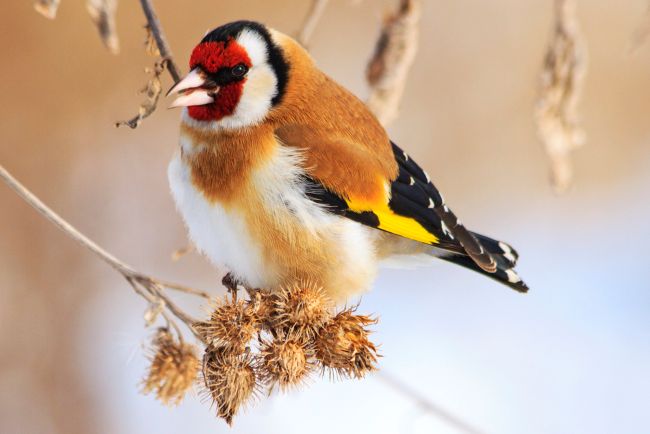Feed Your Garden Birds To Help With Your Aphid Problems.

How to Attract Birds to Your Garden to Control Slugs and Aphids: The Finch and Niger Seed Strategy
Slugs and aphids can be persistent problems in the garden, causing damage to young plants, flowers, and vegetables. While chemical pesticides and slug pellets are commonly used, they can be harmful to wildlife, pets, and the overall ecosystem. A natural and eco-friendly alternative is to attract pest-eating birds into your garden. Finches, in particular, can play a vital role in maintaining a balanced ecosystem while also adding beauty and vitality to your outdoor space.
Why Birds Help Control Slugs and Aphids
Many garden birds, including thrushes, blackbirds, robins, and starlings, actively feed on slugs and other garden pests. Meanwhile, finches, especially goldfinches, greenfinches, and siskins, help control aphids by eating aphid-infested seeds and maintaining a healthy plant ecosystem. By encouraging a diverse range of bird species, you can significantly reduce pest populations naturally.
Why Finches?
Finches are a delightful addition to any garden, known for their bright plumage and pleasant chirping. Although finches mainly eat seeds, they contribute to aphid control by feeding on aphid-infested plants and by attracting other insectivorous birds that consume slugs and other pests. By setting up a finch-friendly habitat, you are indirectly supporting a healthier, pest-free garden.
Using Niger Seed Feeders to Attract Finches
One of the best ways to attract finches is by providing niger seed, a tiny, oil-rich seed that is a favorite among species like goldfinches, greenfinches, and siskins. Niger seed feeders have small holes designed to dispense the tiny seeds efficiently, preventing waste and attracting finches specifically.
Setting Up a Niger Seed Feeder
- Choose the Right Feeder – Use a feeder specifically designed for niger seeds. These feeders have narrow ports that prevent seeds from spilling.
- Select the Best Location – Place the feeder in a quiet, sheltered area, preferably near trees or shrubs where finches can perch.
- Keep It Clean – Regularly clean the feeder to prevent mold and bacteria from affecting bird health.
- Provide Fresh Water – A birdbath or shallow dish of water nearby will attract more birds and encourage them to stay.
Creating a Bird-Friendly Garden for Natural Pest Control
Attracting finches is just one step in fostering a healthy garden ecosystem. To encourage slug- and aphid-eating birds, consider these additional strategies:
- Plant Shrubs and Hedges – Dense shrubs provide shelter and nesting sites for birds that feed on slugs and insects, such as blackbirds, thrushes, and tits.
- Offer a Variety of Food Sources – In addition to niger seed, provide mealworms, suet, and fruit to attract a diverse bird population.
- Reduce Pesticide Use – Avoid chemicals that can harm birds and their food sources.
- Encourage Ground-Feeding Birds – Leave leaf litter and mulch to attract ground-feeding birds that naturally hunt for slugs and insects.
- Grow Aphid-Resistant Plants – Planting flowers that naturally deter aphids can work alongside finches to keep aphid populations under control.
Using niger seed feeders to attract finches is an excellent way to make your garden more bird-friendly. While finches themselves may not eat slugs, their presence helps create an environment where slug-eating birds feel safe and welcomed. Additionally, finches contribute to aphid control by feeding on aphid-infested plants and encouraging biodiversity. By implementing a combination of feeding strategies, planting choices, and habitat improvements, you can naturally manage slug and aphid populations while enjoying the benefits of a vibrant and biodiverse garden.




